Dhaka, Aug 03 (V7N) – The International Crimes Tribunal today began hearing testimonies in the case filed against former Prime Minister Sheikh Hasina and others for alleged crimes against humanity committed during the July-August 2024 Genocide. The historic proceedings commenced with the opening statement delivered in the morning, followed by testimony from victims injured in the July movement.
The session was partially broadcast live on BTV, with the opening remarks aired publicly. However, the witness testimonies were withheld from broadcast citing security concerns.
Key Moments:
-
Former IGP Chowdhury Abdullah Al-Mamun, now a state witness, was brought from Keraniganj Central Jail and presented before the tribunal early Sunday morning.
-
Attorney General Md. Asaduzzaman, in his opening statement, emphasized the need to end the long-standing “political culture of disappearances and murders,” stating:
“The state wants the maximum punishment for Sheikh Hasina. We must establish justice to protect democracy.” -
Chief Prosecutor Tajul Islam reinforced that no one is above the law, adding:
“A trial in the absence of the accused does not imply denial of justice.”
Background:
On July 10, the International Crimes Tribunal-1, led by Justice Md. Golam Mortuza Majumder, rejected appeals to dismiss the case and formally ordered the trial of Sheikh Hasina, Asaduzzaman Khan Kamal (former Home Minister), and one other individual for their alleged role in the state-led violence last year.
-
Sheikh Hasina and Asaduzzaman Khan are currently absconding, according to tribunal sources.
-
The tribunal is proceeding under international legal standards, allowing for a trial in absentia.
-
So far, over 500 cases related to the July-August 2024 massacres have been filed, with four major trials including this one officially underway.
Public Response and Significance:
This trial marks a critical chapter in Bangladesh’s political and judicial history, reflecting a growing demand for accountability following last year’s mass uprising. The involvement of high-profile figures, including a former prime minister and top security officials, underscores the seriousness of the charges and the shifting landscape of post-uprising justice.
As testimonies continue, the nation watches closely to see whether the tribunal can set a precedent for justice without political compromise.
END/RH/AJ



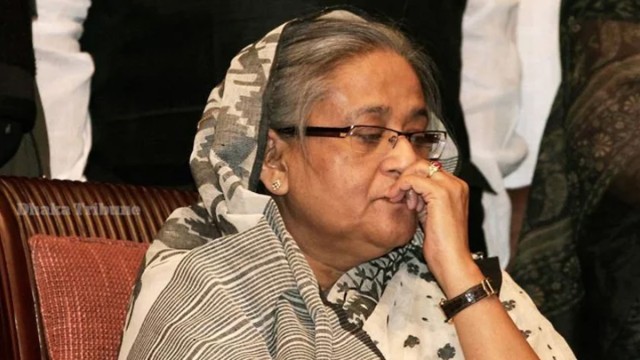
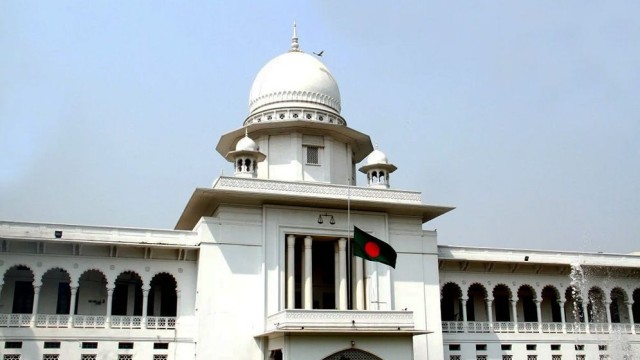
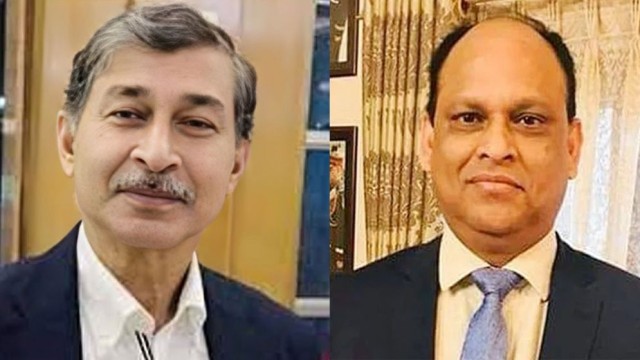
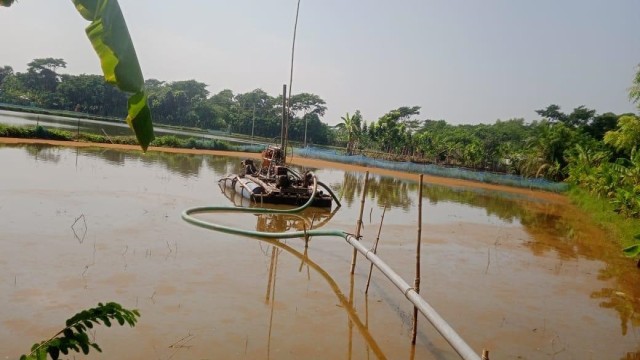
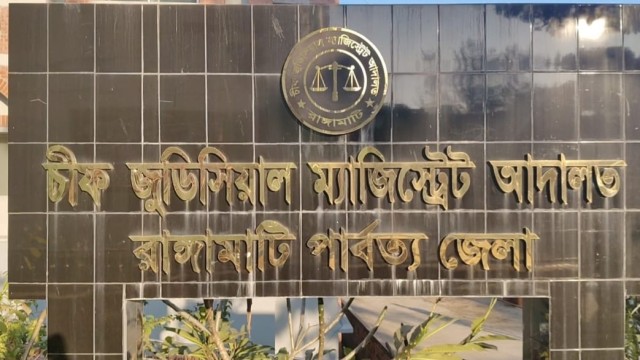
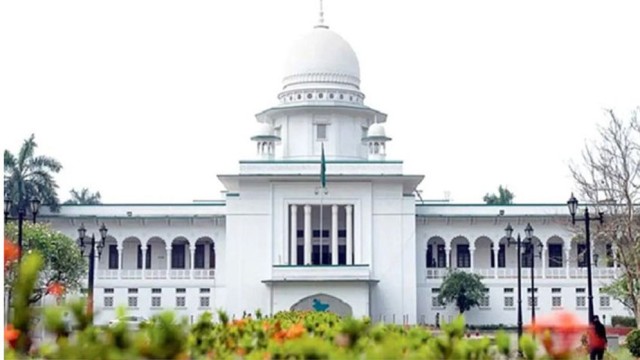
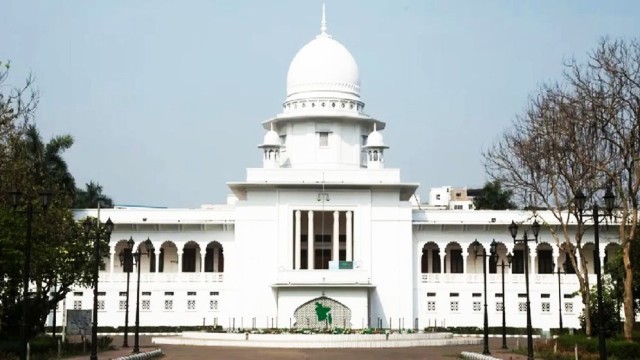
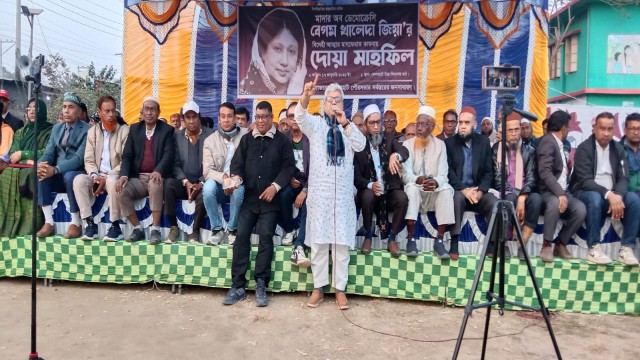
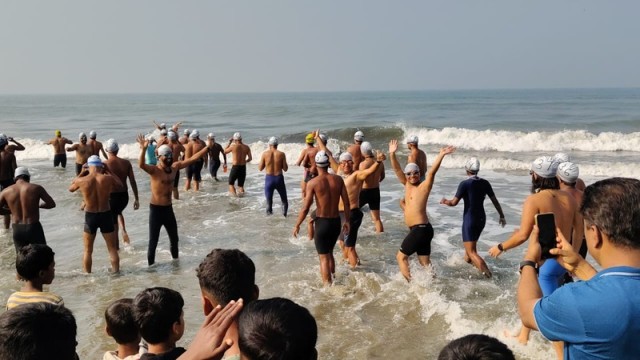
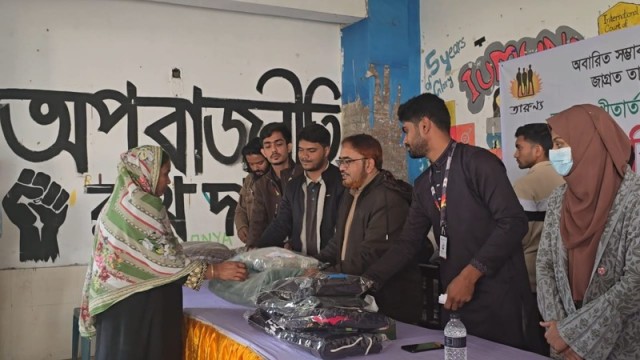
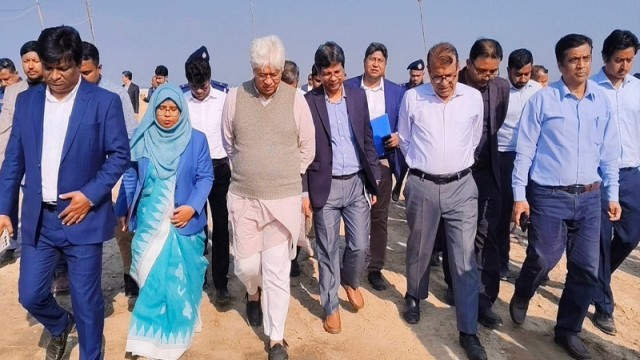
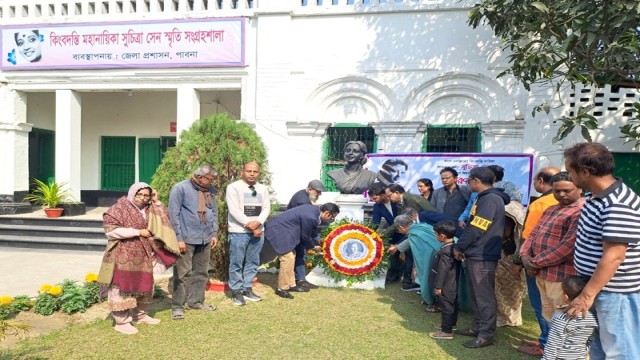
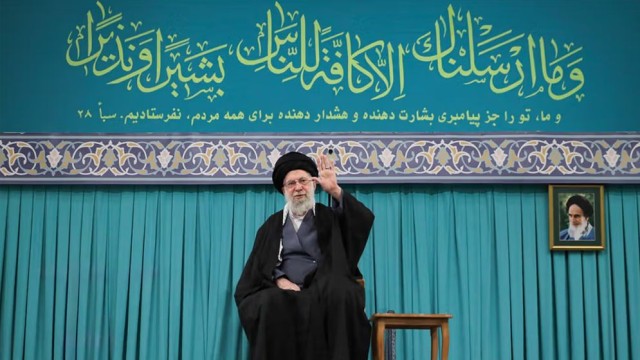
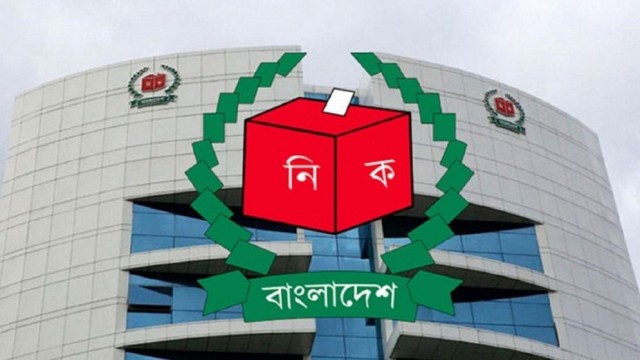

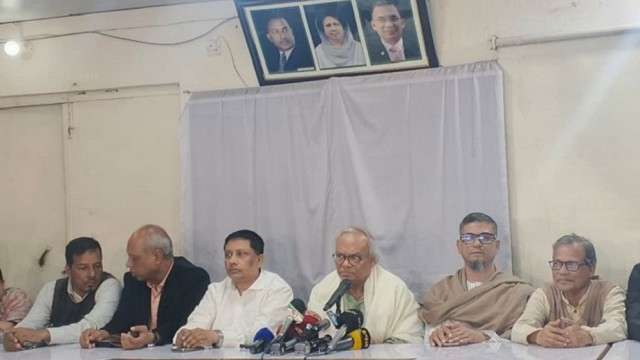
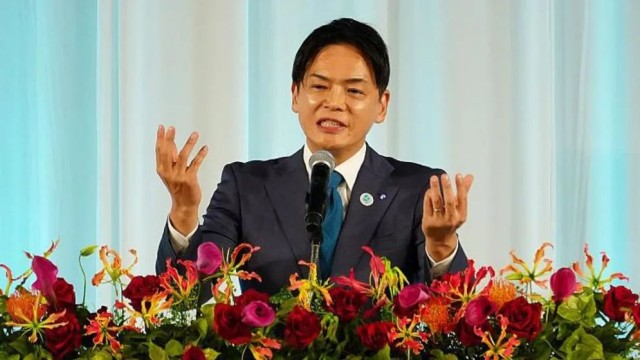


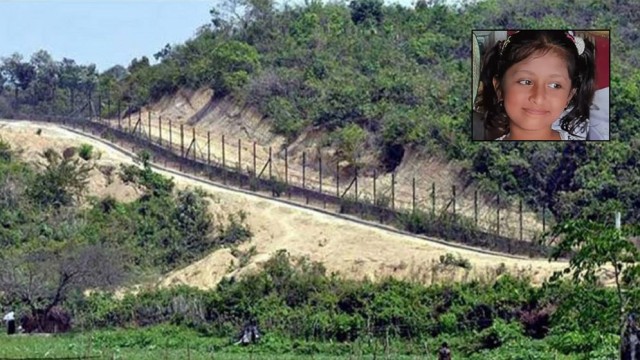
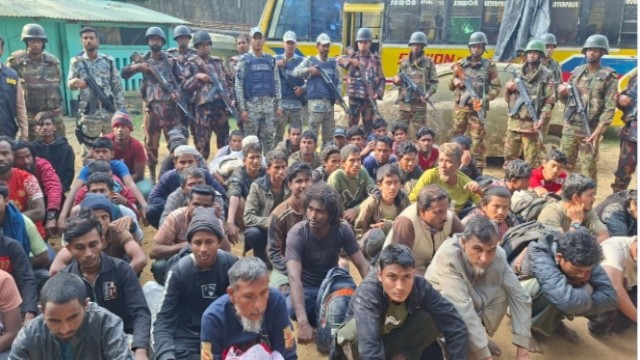
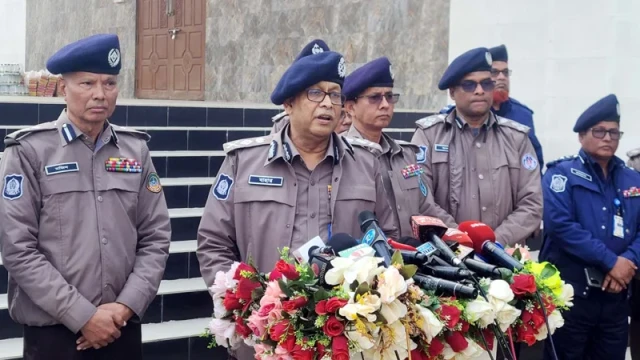
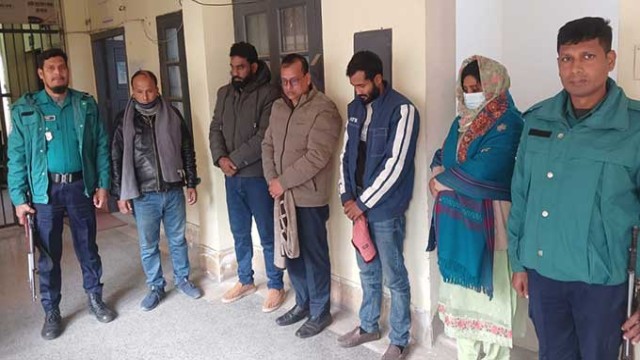
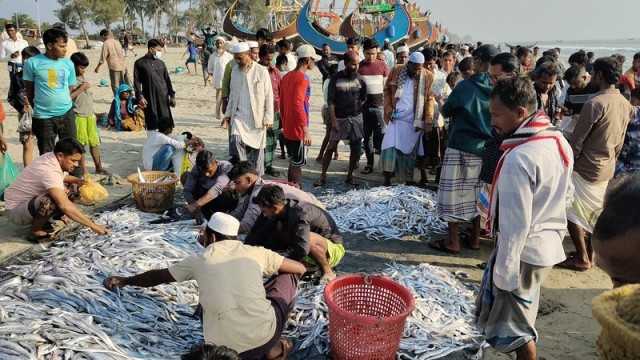
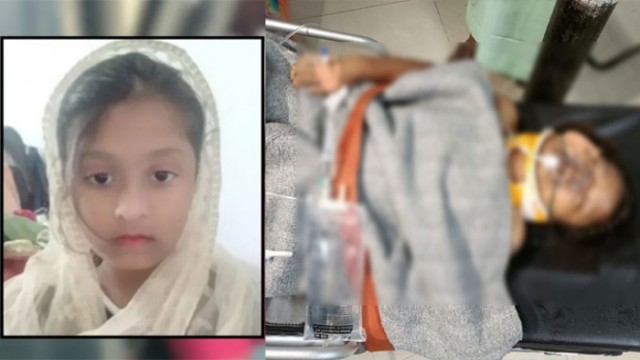
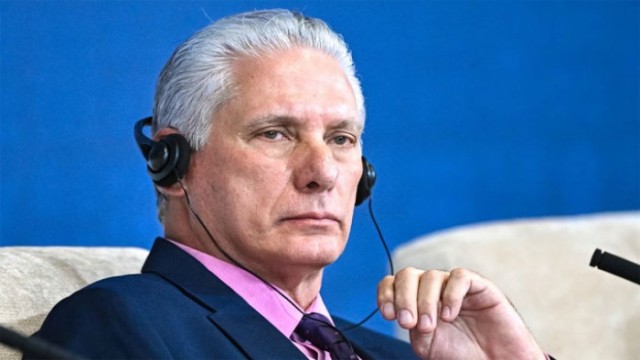
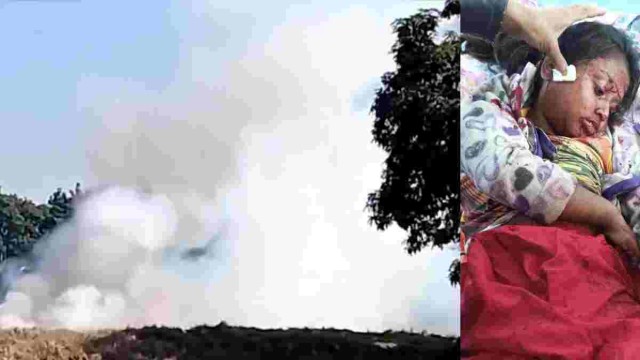
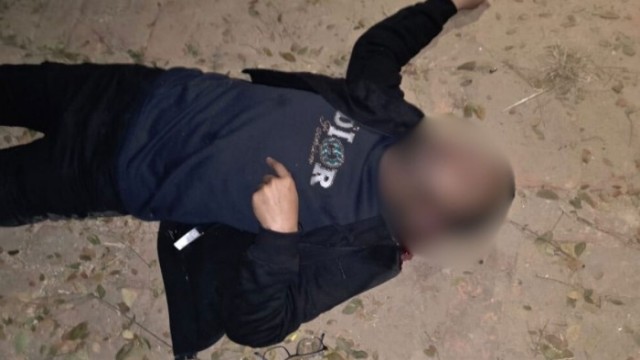
Comment: